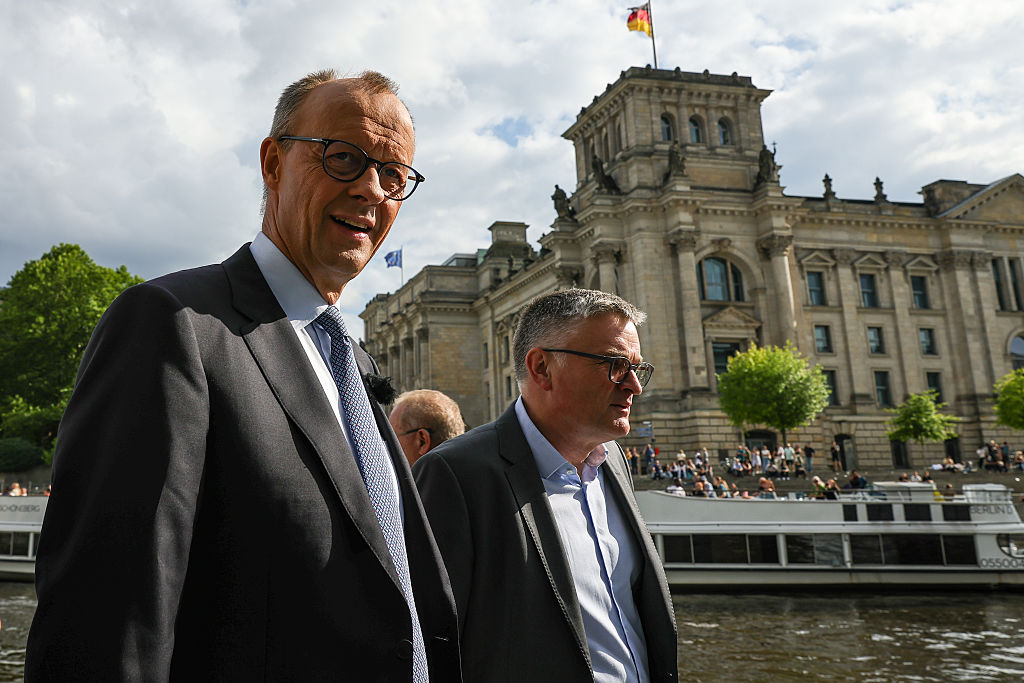Germany’s finance minister has proposed raising income and estate taxes to cover the country’s ballooning budget deficit.
In an extended interview with State broadcaster ZDF, Lars Klingbeil (Social Democrats, SPD) said a “comprehensive package” of measures would be needed to cover an expected shortfall of €30 billion in Germany’s federal budget in 2027.
This would likely also include higher income and estate taxes, the politician from Lower Saxony indicated. “I am not taking any option off the table,” Klingbeil said.
“Especially people with high income and high net worth have to ask themselves: What am I contributing to make this country fairer?”
He added: “Most of the time, I see people with very high incomes and very large fortunes making a strong appeal to the whole country that everyone should work harder and longer. But I don’t think that does justice to the pension debate that we really need to be having in Germany.”
The finance minister also brushed aside previous promises from Conservative leaders, including influential Bavarian Prime Minister Markus Söder, that there would not be any new taxes.
“Mr Söder has also contributed to widening the budget gap with a number of projects that are important to him”, Klingbeil said.
Now the coalition government of Conservatives and Social Democrats would have to sit down “in a friendly way” and come up with ideas to close the gap.
Germany already has some of Europe’s highest taxes. In 2024, the public spending ratio reached 49.5 per cent – meaning government spending accounts for almost half of total economic output.
Klingbeil – who became finance minister under Conservative Christian Democratic Union (CDU) Chancellor Friedrich Merz in May 2025 – recently presented his first federal budget and an outlook on German finances until the end of the decade.
By 2029, Germany plans to take on record-breaking new debt of €851 billion. The budget shortfall between 2027 and 2029 is expected to top €170 billion – ballooned by increased spending on defence and the “fight against climate change” as well as burgeoning social welfare expenditures.
New data published on August 18 by the German Federal Statistical Office (Destatis) illustrated how much German social spending has rocketed. In 2024, the State spent a 14.8 per cent more on basic income support and nursing care subsidies than the year before – a total of €20.2 billion.
The agency said expenditures rose in all areas with the biggest share (€11.4 billion) coming from basic income support for pensioners and people unable to work.
The sum of €20 billion did not include basic income support for unemployed people, primarily the contentious Bürgergeld scheme (citizen’s stipend), which will cost the State another €43 billion in 2025.





